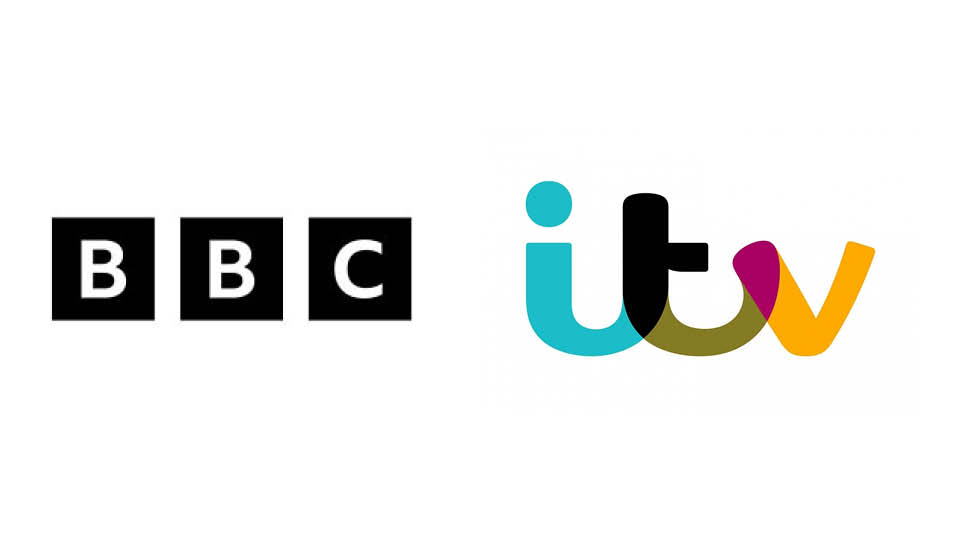ITV and the BBC have teamed up to expand the pool of registered psychologists with experience of working in television as part of their duty of care support to contributors.
ITV and the BBC have developed a continuing professional development programme which has been accredited by the British Psychological Society.
The programme is designed to introduce more psychologists into the world of broadcasting and television and train them to become eligible to support ITV and BBC programmes in their duty of care to contributors.
The programme will give successful applicants an overview of the production/broadcasting industry through a masterclass, as well as on-set visits to introduce them to the processes of television production for up to two days. In addition to this, subject to production availability, selected candidates have up to three days of applied professional practice supporting a production, under the supervision of a Consultant Clinical Psychologist.
The psychology experts who have successfully completed the programme will be added to both broadcasters’ pools of approved psychologists eligible to support productions. The programme has been devised by Dr Matthew Gould for ITV and Occupational Psychologist Julie Freeborn for the BBC. Both continue to work alongside programme-makers to evolve the duty of care measures in place at ITV and the BBC.
David Osborn, Chief People Officer at ITV: “Whether it’s those behind the screen or in front of it, people are at the core of ITV and making sure that our people are properly looked after is something we’re committed to doing. The demand for media psychologists is growing, so we’ve put together this development scheme to meet those production needs. Working together with the BBC is a big step for our industry, we’re coming together to provide the best care for the people who help us make great television.”
Simon Adair, Director of Safety, Security & Resilience, BBC, said: “As a responsible broadcaster, ensuring the health, safety and well-being of the contributors to our programmes is of the utmost importance. I’m confident this partnership will strengthen our whole industry by increasing the pool of expert psychologists available to us, ultimately enhancing our ability to protect and support those taking part in productions.”
Professor John Oates, chair of the British Psychological Society’s Media Ethics Group, and who helped develop the training, said: “This initiative is important because there is an increasing need for psychologists to work with broadcasters and production companies to deliver high standards of duty of care in productions such as reality shows.”
HCPC registered practitioner psychologists from a wide range of backgrounds are invited to apply via LinkedIn. The closing date is Friday 10th February.
Jon Creamer
Share this story

















